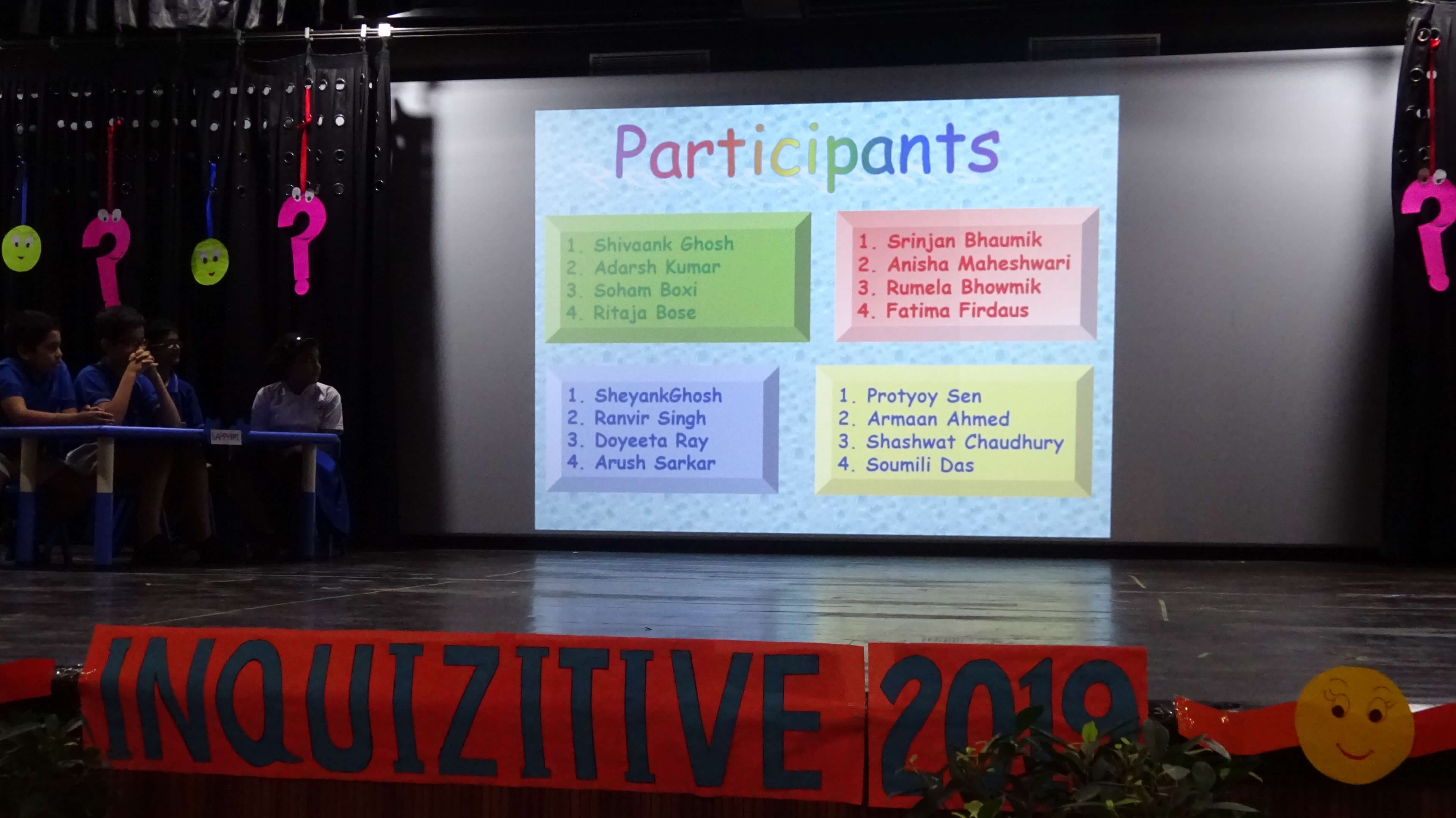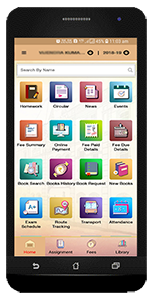Exploring Our World: Junior School Adventures in Science
Fri 30 Aug 2024 Category : General | Posted By : admin

Science is all around us, waiting to be discovered and explored. For junior school students, this journey of discovery is both thrilling and enlightening. In this blog post, we'll showcase some hands-on science experiments and demonstrations perfect for young learners, discuss the wonders of the natural world, and encourage curiosity and inquiry-based learning through scientific exploration.
Hands-On Science Experiments and Demonstrations
Volcano Eruption: Create a mini volcanic eruption using baking soda and vinegar. This classic experiment demonstrates chemical reactions and teaches children about the properties of acids and bases.
DIY Solar Oven: Build a simple solar oven using a cardboard box, aluminum foil, and plastic wrap. Junior school students can use their solar ovens to cook marshmallows or melt chocolate, learning about the power of solar energy in the process.
Seed Germination: Explore the life cycle of plants by germinating seeds in a clear plastic bag. Children can observe the stages of seed germination and learn about the factors that affect plant growth, such as water, sunlight, and temperature.
Static Electricity Balloon: Rub a balloon against a wool cloth to create static electricity. Junior schoolers can use their charged balloons to make hair stand on end or attract small objects, learning about the principles of static electricity and electrical charges.
Wonders of the Natural World
From the depths of the ocean to the vastness of outer space, the natural world is full of wonders waiting to be discovered. Junior school students can marvel at the diversity of life on Earth, from microscopic organisms to towering trees and majestic animals. They can explore the intricate patterns of weather and climate, from rainbows and thunderstorms to hurricanes and blizzards. And they can gaze in awe at the stars and planets that fill the night sky, pondering the mysteries of the universe.
Encouraging Curiosity and Inquiry-Based Learning
Curiosity is the fuel that drives scientific exploration. By encouraging junior school students to ask questions, make observations, and conduct experiments, we foster a lifelong love of learning and discovery. Inquiry-based learning allows children to take an active role in their education, empowering them to explore topics that interest them and seek answers to their own questions.
Junior school teachers can create a classroom environment that encourages curiosity and scientific inquiry by providing opportunities for hands-on learning, encouraging open-ended exploration, and supporting student-led investigations. Parents can also nurture their children's curiosity at home by engaging in science-related activities and discussions, visiting museums and nature centers, and encouraging outdoor exploration.
In conclusion, junior school is a time of wonder and exploration, where children's natural curiosity and creativity can flourish. By showcasing hands-on science experiments, discussing the wonders of the natural world, and encouraging curiosity and inquiry-based learning, we can inspire the next generation of scientists, explorers, and innovators to embark on their own adventures in science.


